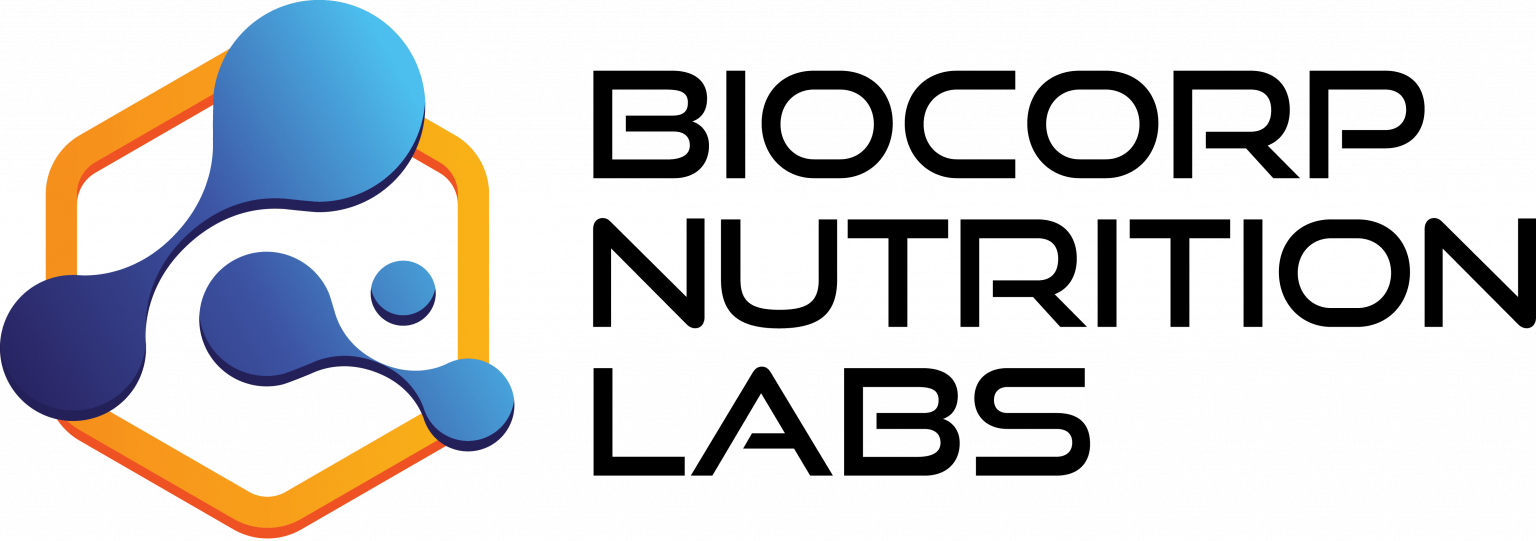I. Introduction
Risks in Nutraceutical Supply Chains have been growing fleetly in recent times. driven by adding consumer interest in natural and indispensable health results. Nutraceuticals, which include salutary supplements, functional foods, and herbal products. are frequently perceived as safe and salutary for health. still, likeء any other assiduity, the nutraceutical sector isn’t vulnerable to supply chain Risks that can compromise the quality, safety, and efficacity of its products.
In this composition, we will explore the retired Risks in nutraceutical force chains and give perceptivity on how to identify and alleviate them. We’ll bandy the unique characteristics of nutraceutical force chains and the common types of Risks that can impact them. similar to fake constituents, environmental hazards, and nonsupervisory compliance issues. We’ll also punctuate the significance of force chain threat operation services in mollifying these Risks and erecting a flexible force chain network.
Before we dive into the specifics of nutraceutical force chain Risks. let’s first compactly explain how to force chains work in the nutraceutical assiduity and how nutraceuticals differ from conventional medicinal.
Nutraceutical force chains generally involve multiple stakeholders. including raw material suppliers, manufacturers, distributors, retailers, and end druggies. The complexity of these force chains can make it grueling to trace the origin and movement of products. which increases the threat of impurity or contamination.
Unlike conventional medicinal. nutraceuticals aren’t subject to the exact position of nonsupervisory oversight and quality control. This means that there may be variations in the composition, chastity, and energy of nutraceutical products. which can affect their safety and efficacity. thus, it’s pivotal to have effective force chain threat operation strategies in place to ensure that nutraceutical products meet the asked quality and safety norms.
II. Common Types of Nutraceutical Supply Chain Risks
Counterfeit constituents
One of the most significant Risks in nutraceutical force chains is the presence of fake or thinned constituents. fake constituents can include substances that aren’t listed on the product marker. lower quality or cheaper backups, or indeed dangerous substances that can harm consumers. Counterfeiting can do at any point in the force chain, from the raw material source to the finished product.
Environmental hazards
Another threat in nutraceutical force chains is exposure to environmental hazards. similar to impurities with heavy essence, fungicides, or other poisons. Nutraceuticals are deduced from natural sources. identical to sauces or botanicals, may be particularly vulnerable to environmental hazards due to their reliance on soil quality, climate, and other factors.
Regulatory compliance issues
Nutraceutical companies are subject to a complex web of regulations and norms, which can vary by country or region. Failure to misbehave with these regulations can affect forfeitures, product recalls, and damage to the company’s character. Regulatory compliance issues can include labeling conditions, product claims, component specifications, and good manufacturing practices.
Real-life exemplifications
To illustrate these Risks, let’s look at some real-life incidents that have passed in the nutraceutical assiduity. In 2015, the New York Attorney General’s office indicted four major retailers for dealing with fraudulent herbal supplements that didn’t contain the announced constituents. In 2018, a major salutary supplement manufacturer was fined over$ 7 million for dealing products that were defiled with salmonella. These incidents punctuate the need for increased alertness and translucency in nutraceutical force chains. and the significance of enforcing effective force chain threat operation strategies.
III. relating Nutraceutical Supply Chain Risks
Conducting a threat assessment
The first step in relating nutraceutical force chain Risks is to conduct a comprehensive threat assessment. This involves assessing the liability and implicit impact of colorful Risks on the force chain and the products. threat assessments can be conducted using colorful styles, similar to checks, interviews, and data analysis.
Relating vulnerable points in the force chain
Once the Risks have been linked, the coming step is to identify the vulnerable points in the force chain where these Risks are most likely to do. This can include raw material sourcing, manufacturing processes, transportation, storehouse, and distribution. By understanding the critical points in the force chain, companies can develop targeted threat mitigation strategies.
Read about: From Concept to Creation: A Comprehensive Look at Vitamin Manufacturing
Establishing a system for monitoring and detecting implicit Risks
To effectively manage force Risks in Nutraceutical Supply Chains, nutraceutical companies need to establish a system for monitoring and detecting implicit Risks. This can include enforcing quality control procedures, conducting regular product testing, and using technology results similar to blockchain or RFID to track products throughout the force chain. By establishing a system for monitoring and detecting implicit Risks, companies can snappily identify and respond to any force chain dislocations or quality issues.
Effective force chain threat operation requires a visionary and cooperative approach that involves all stakeholders in the force chain. By working together to identify and alleviate Risks in Nutraceutical Supply Chains, nutraceutical companies can ensure that their products meet the loftiest norms of quality, safety, and efficacity.
V. The part of Supply Chain Risk Management Services
A. The benefits of using force chain threat operation services
Force chain threat operation services can help nutraceutical companies alleviate force chain Risks and ensure the quality, safety, and efficacity of their products. These services can give a range of benefits, similar as
• Moxie in force chain threat operation services have specialized Moxie in relating, assaying, and mollifying force Risks in Nutraceutical Supply Chains. This can help nutraceutical companies develop effective threat operation strategies and avoid implicit force chain dislocations.
• Access to advanced technology force chain threat operation services can give access to advanced technology results, similar to blockchain, artificial intelligence, and prophetic analytics. These technologies can help nutraceutical companies track products throughout the force chain, identify implicit Risks in Nutraceutical Supply Chains, and respond snappily to dislocations.
• Advanced supplier connections Supply chain threat operation services can help nutraceutical companies make stronger connections with their suppliers by promoting translucency, collaboration, and trust. This can help reduce the threat of fake constituents, environmental hazards, and other force Risks in Nutraceutical Supply Chains.
B. How these services can help alleviate force chain Risks for nutraceutical companies
force chain threat operation services can help nutraceutical companies alleviate force Risks in Nutraceutical Supply Chains in several ways, similar as
• Conducting threat assessments Supply chain threat operation services can conduct comprehensive threat assessments to identify implicit Risks and vulnerabilities in the force chain.
• Developing threat mitigation strategies Supply chain threat operation services can help nutraceutical companies develop customized threat mitigation strategies that address the specific Risks in Nutraceutical Supply Chains and vulnerabilities in their force chain.
• Supplier operation force chain threat operation services can help nutraceutical companies manage their suppliers by covering their performance, conducting regular checkups, and icing compliance with nonsupervisory conditions.
• force chain visibility force chain threat operation services can give nutraceutical companies lesser visibility into their force chain, allowing them to track products, cover supplier performance, and descry implicit dislocations.
By working with force chain threat operation services, nutraceutical companies can proactively manage force Risks in Nutraceutical Supply Chains and ensure the quality, safety, and efficacity of their products.
VI. Conclusion
In conclusion, Risks in Nutraceutical Supply Chains are a critical issue that can impact the quality, safety, and efficacity of nutraceutical products. To effectively manage force Risks in Nutraceutical Supply Chains, nutraceutical companies need to take a visionary approach and apply effective threat operation strategies. This includes conducting threat assessments, relating vulnerable points in the force chain, and establishing a system for monitoring and detecting implicit Risks in Nutraceutical Supply Chains.
The use of force chain threat operation services can give nutraceutical companies the moxie, technology, and coffers demanded to alleviate force Risks in Nutraceutical Supply Chains effectively. These services can help nutraceutical companies identify and manage Risks in Nutraceutical Supply Chains, ameliorate supplier connections, and promote lesser force chain visibility.
Nutraceutical companies need to fete the significance of addressing force Risks in Nutraceutical Supply Chains and take visionary measures to alleviate them. By doing so, they can ensure that their products meet the loftiest norms of quality, safety, and efficacity, and make trust with consumers.
Read about: The Potential of Drop Shipping Supplements

